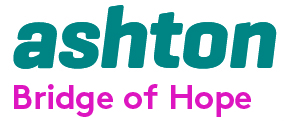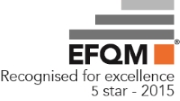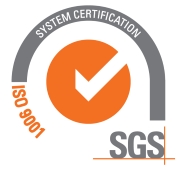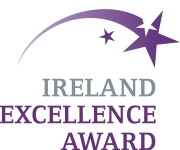Date: 20/09/2012
A transitional justice report published on Friday September 21 by Ashton Community Trust’s Bridge of Hope programme is good news from North Belfast. It shows that this dealing with the past framework, tailored to meet local needs, has the capacity to make a difference in communities hit hardest by the conflict.
The report ‘Transitional Justice Grassroots Engagement’ by University of Ulster (UU) academic Eilish Rooney was based on work carried out in North Belfast across Mount Vernon, New Lodge and Tigers Bay during 2010-2012.
One of its key messages is that hard conversations about the ‘past’ can happen if individuals are equipped with the tools that transitional justice offers. It also showed a tremendous groundswell of support for this type of programme with participants eager to learn more about how the decisions of politicians and policy makers can have direct impacts in the local place.
Head of Victims Services at Ashton Community Trust and founder of Bridge of Hope Irene Sherry said the report represented an important barometer of how communities at the coalface are coping in this post conflict society.
“Transitional Justice may sound like a lofty framework but at the heart of all this conflict research is real people and real lives and real experiences of conflict and justice. That is why we wanted to get talking to local people at grassroots level and get them to feed into the overall analysis of what happened to us and where we are now.
“Transitional Justice takes in everything that happened in our past whilst providing international examples of how other countries have dealt with the past. It also provides the tools for examining how we are progressing now and what mechanisms are in place to deal with the legacy of the conflict.”
Since the fall of the Berlin Wall in 1989 Transitional Justice has become a growing field of research with academics from across the globe recording how countries coming out of conflict deal with the aftermath of war, especially its victims.
During the programme, Bridge of Hope worked with academics from the TJI at UU which was established in 2003 to examine how law and legal institutions assist the move from conflict to peace. The TJI has rapidly become internationally recognized as a leading centre in developing the field of transitional justice.
TJI director Professor Bill Rolston in his foreword to Bridge of Hope’s report stated that our programme which was centred on the Five Pillars of Transitional Justice (truth, prosecutions, reparations, institutional reform and reconciliation) formed the basis for ‘moving forward in the process of conflict transformation in North Belfast’.
Eilish Rooney who authored the report also designed a ‘Transitional Justice Grassroots Toolkit’ so that communities anywhere could use it as a template for analysing social justice in the local place.
Bridge of Hope, a programme of Ashton Community Trust, was started in 2001. It works with victims and survivors of the conflict and provides complementary therapies, personal and professional development training as well as conflict research. It received money from the Strategic Support Fund which is administered by the Community Relations Council on behalf of the Office of the First Minister and Deputy First Minister, to run a pilot programme during 2010-2012 to explore how transitional justice works on the ground in North Belfast. This year it is working with women from the Falls and Shankill.
Ashton Community Trust celebrated its 20th anniversary last year with a visit from former President of Ireland Mary McAleese. Ashton is a major driver for regeneration in North Belfast and employs more than 140 people through its different services. It has also been heavily involved in community development and peace building work across North Belfast over the years.
Notes to Editors:
The report will be launched in Crumlin Road Gaol at 11am in The Circle on Friday September 21.
For any media enquiries please contact Head of Victims Services at Ashton Community Trust Irene Sherry on ![]() 028 90746 737 or by email: irene@ashtoncentre.com.
028 90746 737 or by email: irene@ashtoncentre.com.
More information about Bridge of Hope is available online www.bridgeofhope.flywheelsites.com and about Ashton Community Trust www.ashtoncentre.com






